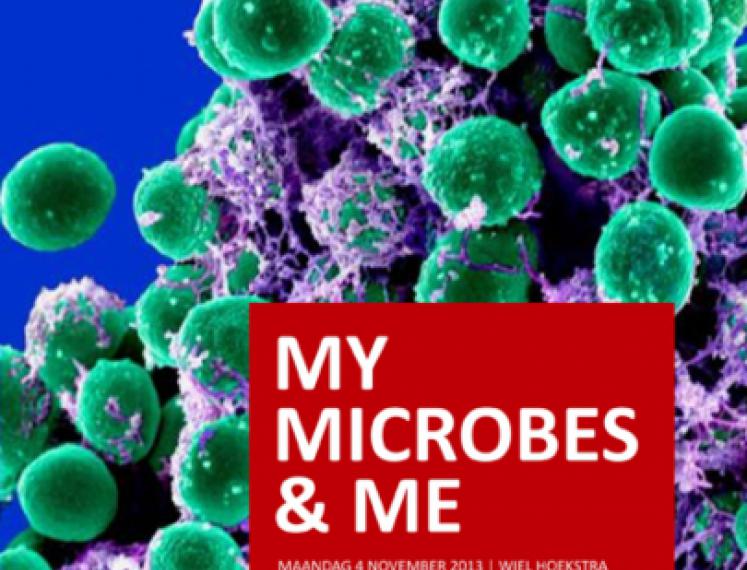Human parasites: bad Bugs or good company?
Parasites are generally harmful to their host’s health, ranging from minor inconvenience to fatal disease. Do they only affect our health in a bad way or might their presence be somehow beneficial?
Most human parasites have a very complicated life cycle. They need our bodies to live, feed and multiply, so it is important for their own survival that their presence is not too harmful. What do we know about these parasites? What makes them different from bacteria and viruses? Do they only cause disease or do we also benefit from their presence?
Parasites are very special and rather complex microbes. The fact that some parasites, such as intestinal worms, are visible to the naked eye makes them creepy and scary creatures. However, their biological structure has much more in common with human cells than other disease causing microbes. The diseases they cause are often chronic and may be without visible symptoms. On the other hand some parasites are well known for their immediate devastating effects. For example malaria, caused by a blood parasite, kills hundreds of thousands of children every year, mainly in the tropics. How do parasites adapt to their human host and hide from our immune system? Could their presence even be beneficial to humans? Recent studies indicate that some chronic parasitic infections help us to combat other diseases. Furthermore, some parasites seem to influence our behaviour. Does this all mean we may use parasites in the future as a therapy?
Lisette van Lieshout is a clinical parasitologist with a background in medical biology. She is an associate professor at the Department of Parasitology at the Leiden University Medical Centre (LUMC). She has been involved in a number of different research projects around the world, mostly dealing with diagnosis and epidemiology of human parasites.
Interesting links:
Website LUMC: Lisette van Lieshout
Wetenschap 24.nl: Schizo door een parasiet? Eencellige morrelt aan brein en gedrag
Chemisch2Weekblad: Het slagveld van een parasiet



